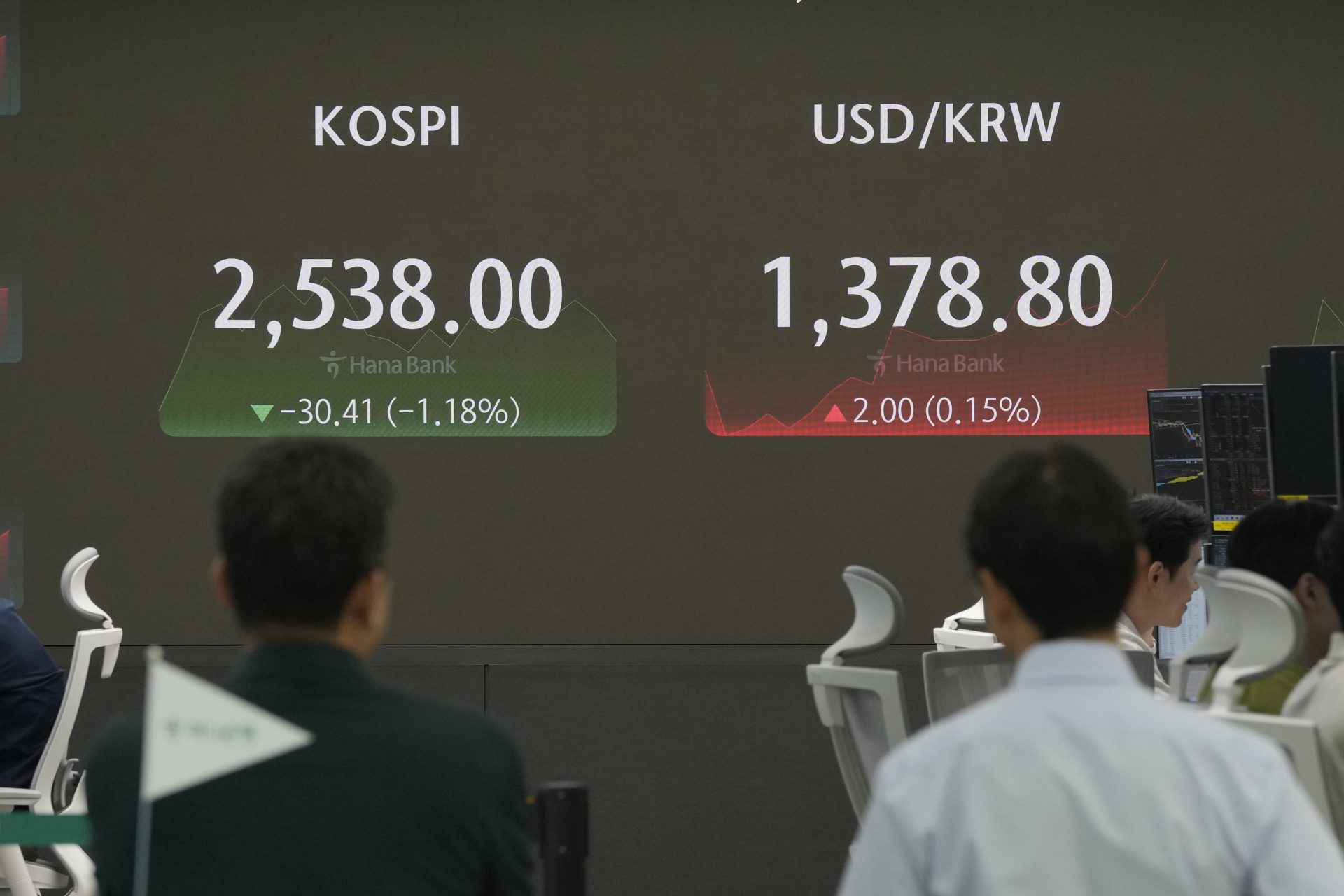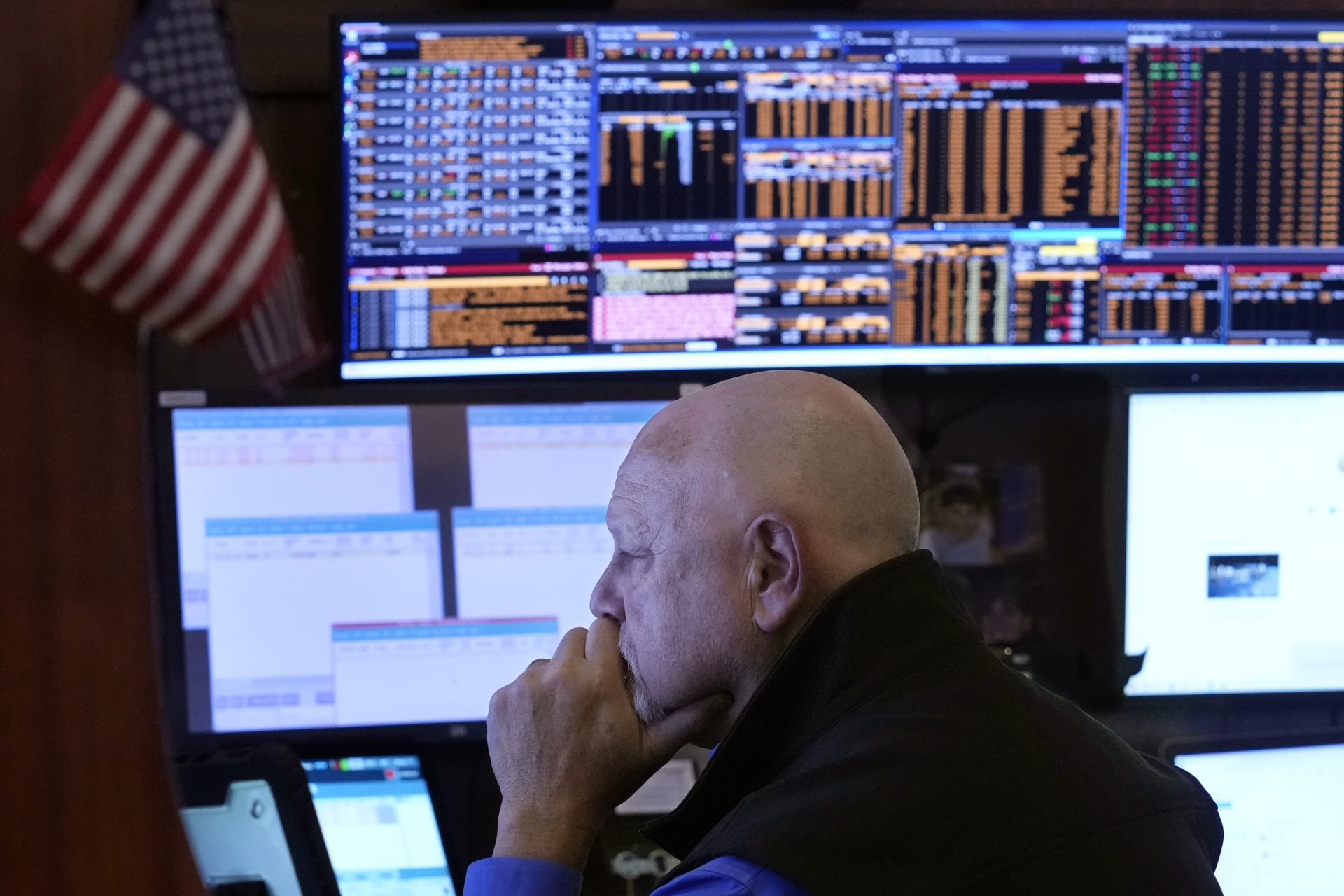It’s been a crazy week in the financial markets all around the globe. On Monday the Dow Jones Industrial Average lost 1,033 points, or 2.6% of its value; Standard & Poor’s 500 lost 3% and the North American Stock Exchange dropped by 3.4%. Elsewhere, Japan’s Nikkei market fell by 12.4% and South Korea’s Kospi index dropped by 8.8%.
All in all, stock markets lost some $6.4 trillion of their value in one day. Worse, it continued a massive selloff that began last week as employment numbers, high-tech profit reports and other financial indicators were released and showed worse-than-expected performance.
Such plunges aren’t frequent, but they’re not unheard of; similar drops occurred in 2008, 1987 and other years. And they give the securities game a reputation for volatility that scares many Americans — increasingly so, as more and more of the money that feeds the markets is coming from everyday Americans through their individual retirement accounts, 401(k) plans and even the phone apps that growing numbers of people are using to make small investments on their own.
 Currency traders watch a screen showing the Korea Composite Stock Price Index (KOSPI), top left, and the foreign exchange rate between U.S. dollar and South Korean won at the foreign exchange dealing room of the KEB Hana Bank headquarters in Seoul, South Korea, Thursday, Aug. 8, 2024. (Ahn Young-joon/AP Photo)
Currency traders watch a screen showing the Korea Composite Stock Price Index (KOSPI), top left, and the foreign exchange rate between U.S. dollar and South Korean won at the foreign exchange dealing room of the KEB Hana Bank headquarters in Seoul, South Korea, Thursday, Aug. 8, 2024. (Ahn Young-joon/AP Photo)However, we should heed the advice of financial experts: Don’t panic, and focus on long-term returns rather than short-terms swings.
In fact, even with the losses of the past week, most stock exchanges still carry higher total values than they had at the beginning of the year. After Monday trading leveled off, although it still experienced minor swings, and the markets enjoyed a rally on Thursday.
Previous high values, driven in part by the euphoria of record-setting performance so far this year, led some analysts to expect a market correction, since stock prices were rising faster than the profits of companies being traded. The Federal Reserve also has kept interest rates high to counter inflation, and that has slowed economic activity in many areas.
It behooves us to become more knowledgeable, and less fearful, of financial markets, as we are likely to have to depend more on our retirement accounts than on Social Security benefits. The program’s trustees say that under current policies the Social Security Trust Fund will run out of money in 2033 — less than a decade from now. And they’ve only managed to keep it going this long by periodically raising both employment taxes and retirement ages.
 Trader Robert Moran works in his booth on the floor of the New York Stock Exchange, Wednesday, Aug. 7, 2024. (Richard Drew/AP Photo)
Trader Robert Moran works in his booth on the floor of the New York Stock Exchange, Wednesday, Aug. 7, 2024. (Richard Drew/AP Photo)Those actions aren’t sustainable, however; at some point people are bound to reject further tax increases and as their benefits are cut.
The risky nature of investments means we can’t escape the possibility that a market downturn could affect the amount of money we’ll have when we retire. Many plan managers begin moving individual account holdings to more secure securities such as bonds and utility stocks as people near retirement age. While the yields on such holdings might be lower, they could be better insulated from wild market swings that could occur just as a person is getting ready to retire.
In the end, our retirement security will always require an element of trust — in our economy, in our retirement account managers, and in the financial markets, which might drop on occasion but have always rebounded in the long run.
The post Editorial: Swings in stock markets are affecting, and scaring, more and more Americans appeared first on MyRGV.com.
 (2).png)
 1 month ago
39
1 month ago
39








 English (US)
English (US)